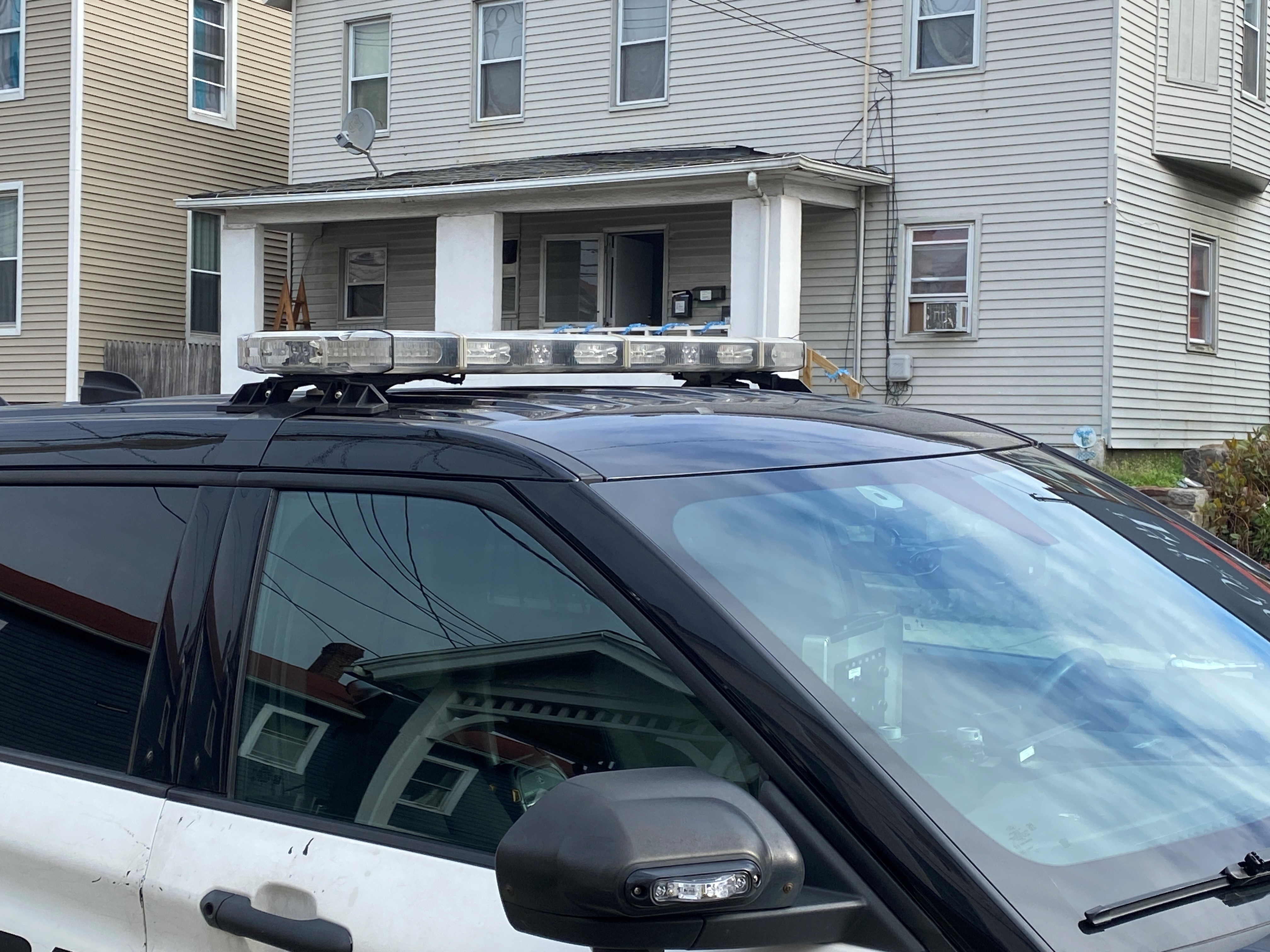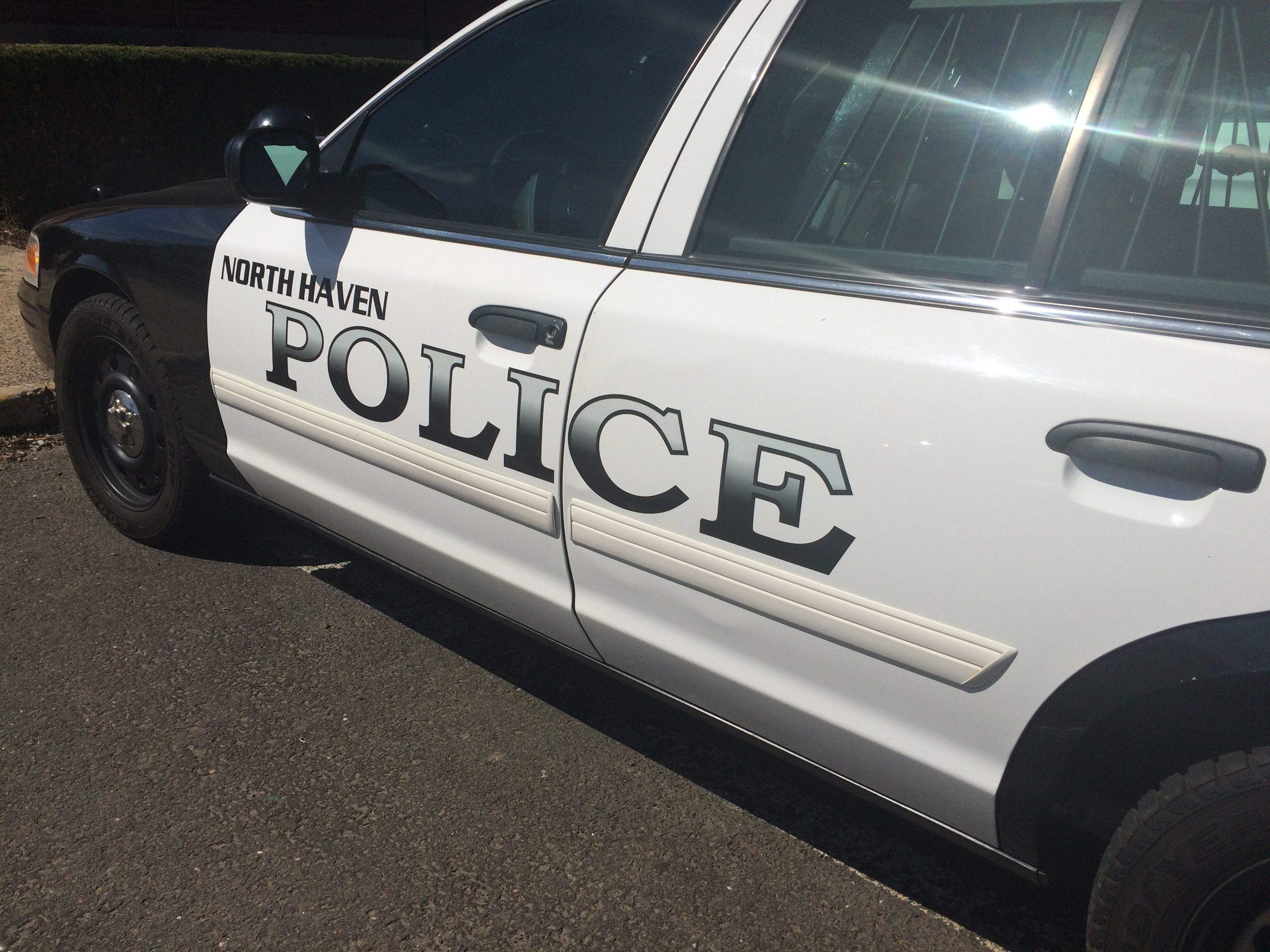A new bill proposal from Gov. Ned Lamont looks to tackle violence while establishing community intervention programs around the state.
Lamont's Senate Bill 16 has several priorities to enhance public safety, protect neighborhoods and allocate resources to the people working to help young people.
"It's a united effort, we are all involved in the safety of our citizens and our families," said Department of Emergency Services and Public Protection Commissioner James Rovella.
A few highlights inside the bill include:
Get Connecticut local news, weather forecasts and entertainment stories to your inbox. Sign up for NBC Connecticut newsletters.
- A gun tracing task force to track sources of illegal guns.
- Create a statewide community violence intervention program funded by federal dollars.
- Extend juvenile hold times from six to eight hours in certain situations.
- Require electronic monitoring after repeated auto thefts.
- Establish a gun buyback program.
- Allocate funds for crisis intervention, behavior health counseling and victim services.
- Stop the flow of illegal "ghost guns."
For a complete list of what the governor's proposing, click here.
The proposal would work to get to the root of what's driving some of the violence and supply the resources to address those issues, which violence prevention groups say is long overdue.
Local
Chad Farrar spent 10 years of his life inside prison and was able to turn his life around for the good once he got out due to some of the state programs.
Farrar tells NBC Connecticut he's in favor of creating prevention programs which are inside of Lamont's bill.
"Coming out, it's been difficult but the programs that they put into the community, I was able to benefit from those initiatives," said Farrar. "It's important to put programs and bills out to the community so the information is out there and people can understand what's available."
The Department of Public Health (DPH) and Department of Children and Families (DCF) are also playing an important role to figure out what creates trauma for kids and how to evolve systems in place to cater to their needs.
"Families need support, not necessarily surveillance," said DCF Commissioner Vannessa Dorantes.
"We have to work together to find ways to identify appropriate intervention and prevention strategies that are going to work best," said DPH Commissioner Manisha Juthani.
Mentoring and working with the youth is near and dear to Aquil Crooks' heart after growing up and experiencing a series of unfortunate events.
"I’ve been a victim of gun violence, my mother’s been a victim of gun violence, my sister has been a victim of gun violence, my brother’s been a victim," said Crooks.
Crooks joins a growing list of people who are for the changes and the proposal that aims to work with young people and initiate prevention programs.
"We’re moving in a direction to where we actually care for the needs of the community and the kids because it’s been far too long where they haven’t been on our priority list," said Crooks.



